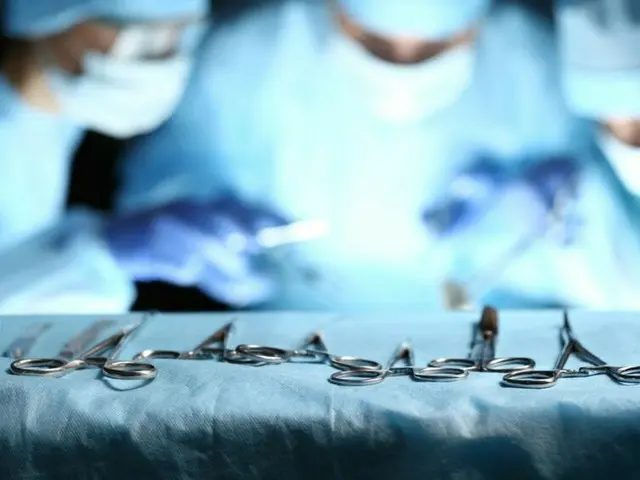The number of interns returning to their previous jobs at Advanced General Hospital was extremely low. On the 26th, Kim Yoon, a member of the National Assembly's Health and Welfare Committee, the largest opposition party, the Democratic Party of Korea, announced that the Ministry of Health and Welfare
According to a document titled "Reemployment Status of Residents who Resigned" provided by the Medical Association, 34.5% (3,114 people) of the 9,016 residents who resigned or abandoned their appointments were reemployed by medical institutions, and
Of the residents who resigned, 1,719 were re-employed at clinics, accounting for 55.2% of the total, the highest proportion of all re-employed residents.
By medical specialty, the largest number of people were employed in general practice clinics, with 587 people (34.1%), followed by internal medicine with 219, orthopedics with 172, and otorhinolaryngology with 14.
This was followed by medical specialties with 8 deaths, ophthalmology with 127, and dermatology with 126. This contrasts with the high resignation rates of interns in essential medical specialties such as obstetrics and gynecology, thoracic surgery, neurosurgery, and pediatrics.
The number of people who found employment in obstetrics and gynecology was 48, neurosurgery 32, pediatrics and adolescent medicine 22, and cardiovascular and thoracic surgery only 4. The number of people who found employment in hospital-level medical institutions was 829, and the overall number of people who found new jobs was 1.
However, of these, 236 were employed at nursing hospitals and 29 at oriental medicine hospitals, meaning it is difficult to say that they were working at hospitals treating seriously ill patients.
52 people were re-employed at advanced general hospitals, which are typical training hospitals for interns, accounting for only 1.7% of the total number of people re-employed. 514 people were re-employed at general hospitals.
Six trainees opened their own practice after resigning, one of whom opened a nursing home and the remaining five opened clinics.
Rep. Kim said, "The resident doctors who left their training hospitals accurately recognized the seriousness of the current situation.
"We need to provide practical alternatives for people to gain specialist qualifications and receive training in essential areas of medical care, such as critical care, emergency care and rare diseases, as well as primary care in the community."
2024/09/27 05:03 KST
Copyrights(C) Herald wowkorea.jp 104

